DHAKA, Aug 02 (V7N)– Cultural Affairs Adviser Mostofa Sarwar Farooki today underscored the vital importance of maintaining unity among all the forces that contributed to the July mass upsurge. He warned that "fascism may come back if there is any division, hatred or discrimination among these forces."
Farooki made these remarks while addressing a discussion titled "July Mass Upsurge – anniversary of the aggrieved poets-writers," held at the Poet Shamsur Rahman Auditorium of Bangla Academy.
He emphasized the need to develop a cultural narrative around the July Mass Upsurge. Such a narrative, he explained, would "build a trend of culture in the minds and consciences of the people for keeping its ground, necessity and relevance bright." This cultural narrative is seen as crucial for preserving the spirit and memory of the movement that led to significant political change.The discussion also featured speeches from prominent lyricists and poets, including Shahidullah Farayezi, Rayhan Zahir, Faruk Khan, Tanzim Tanim, Kajol Rashid Shaheen, and Sanjida Khan Dipty, who is the mother of a martyr from the July uprising. The poets present were recognized and honored for their contributions to the July movement, indicating the significant role of cultural figures in the protests.
The July Mass Upsurge, also known as the July Revolution or Student-People's Uprising, was a pro-democracy mass movement in Bangladesh in 2024. It began as a student-led quota reform movement in June but quickly escalated into a full-fledged anti-government uprising after severe crackdowns by the then-government, its law enforcement agencies, and ruling party affiliates (such as the Bangladesh Chhatra League). The movement ultimately led to the resignation of Prime Minister Sheikh Hasina on August 5, 2024, and the formation of an interim government under Chief Adviser Professor Muhammad Yunus.
The period leading up to and during the uprising saw significant violence and casualties, with hundreds of people, predominantly students and working-class individuals, killed and thousands injured. The movement was characterized by widespread public discontent over issues like alleged authoritarianism, human rights abuses, economic depression, and the controversial job quota system.The "unity of all forces" mentioned by Adviser Farooki refers to the broad coalition that emerged during the uprising, encompassing students, opposition political parties (including BNP, Jamaat-e-Islami, and various leftist groups), civil society organizations, and ordinary citizens from all walks of life who united against the previous government. However, as noted in recent analyses, disagreements and fragmentation have emerged among these factions in the aftermath of the successful uprising, highlighting the challenge of maintaining that initial unity for ongoing reforms and the future of democratic governance. The emphasis on a cultural narrative aims to reinforce the shared values and aspirations that underpinned the July Revolution.
END/AHS/RH/



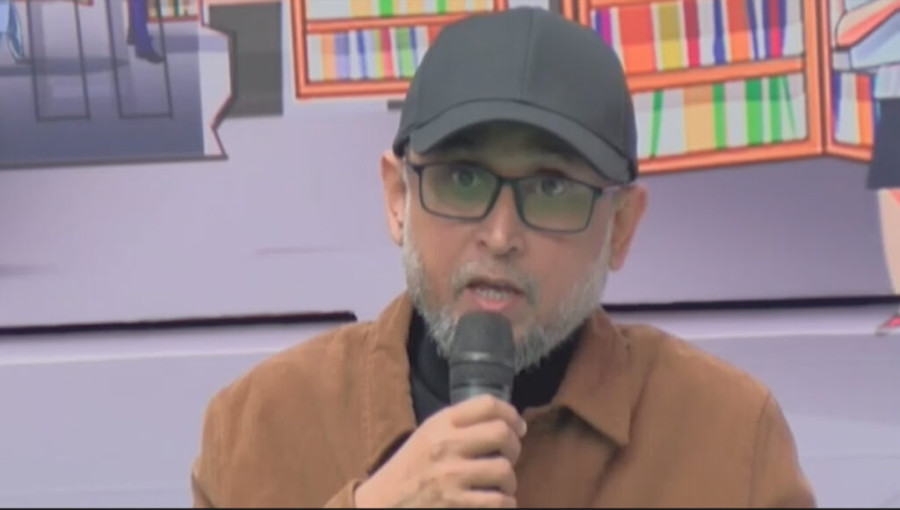
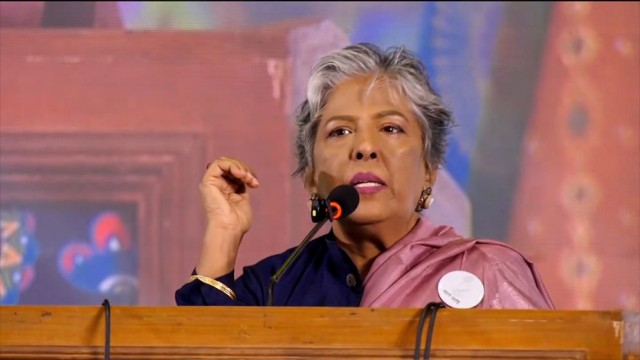
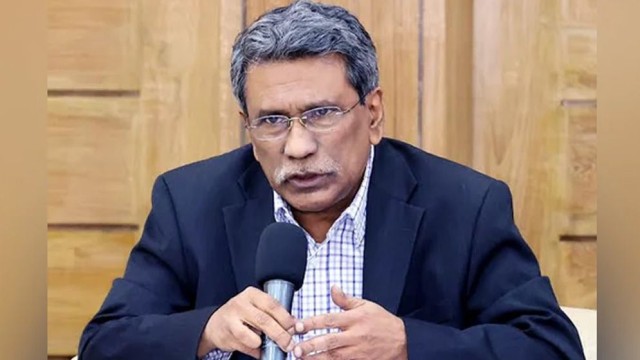

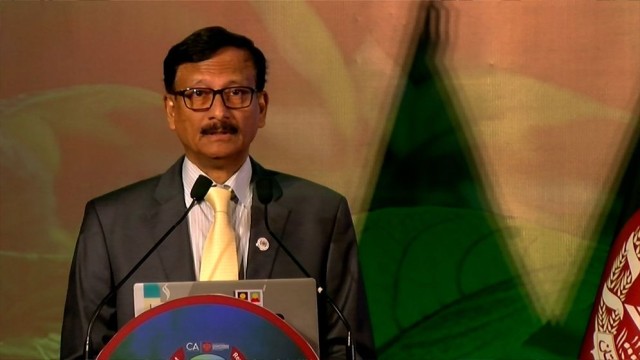

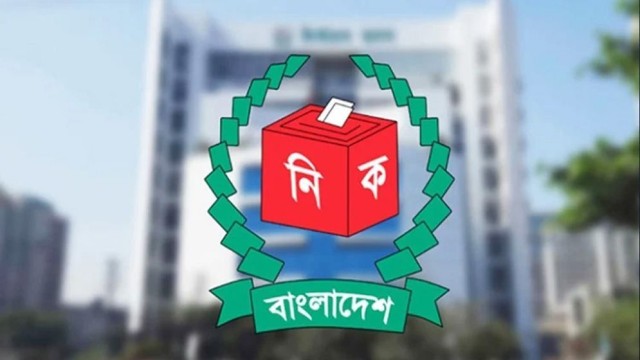
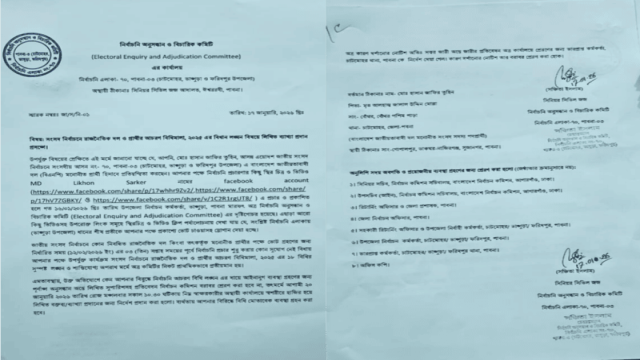


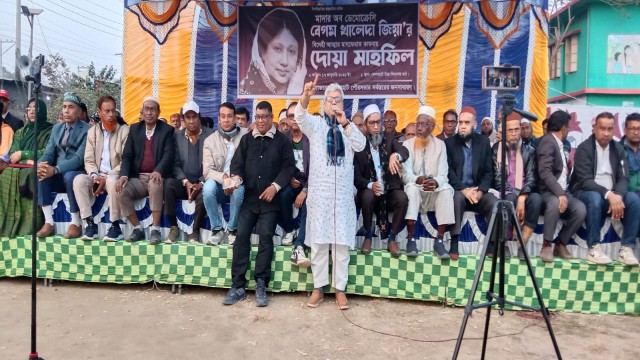
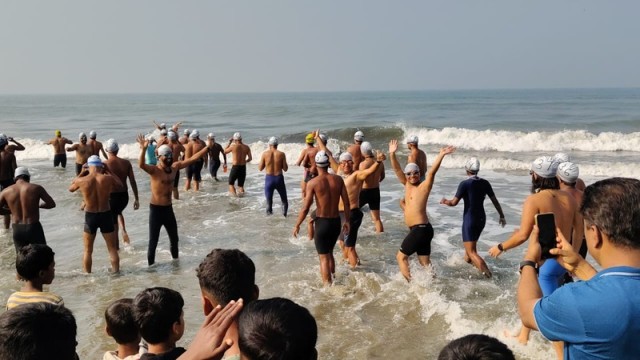
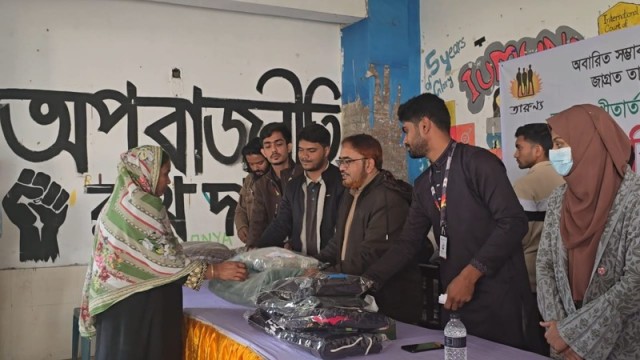
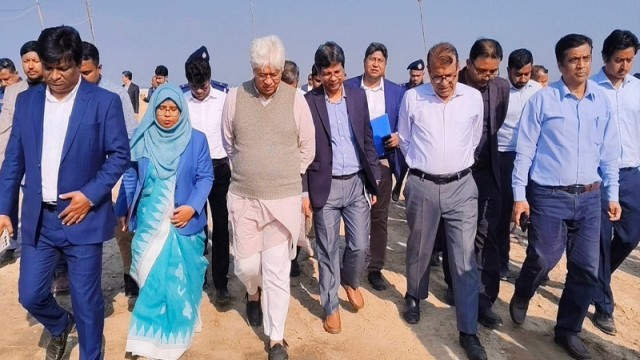
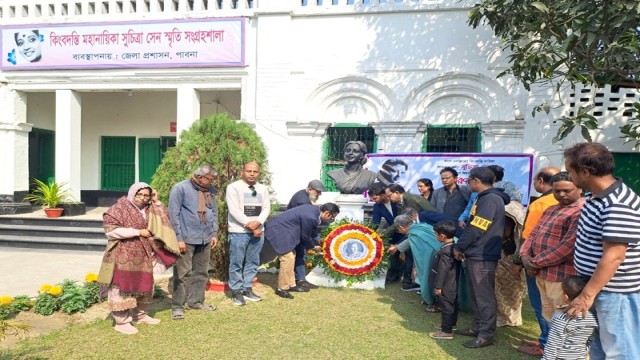
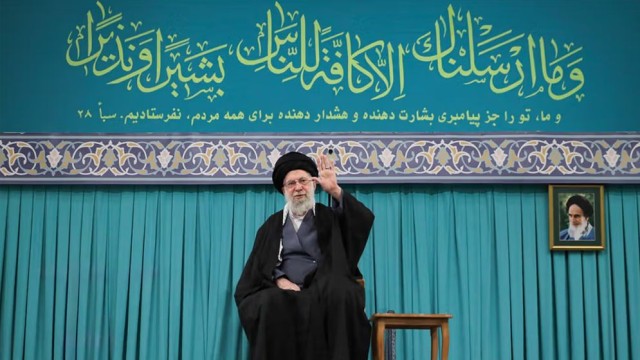
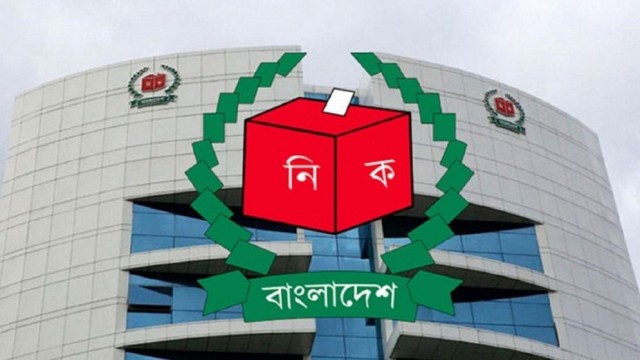


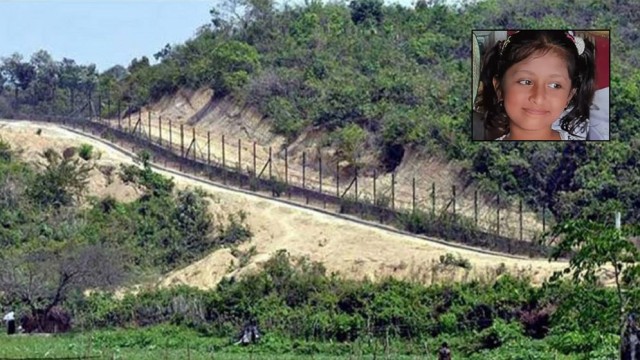
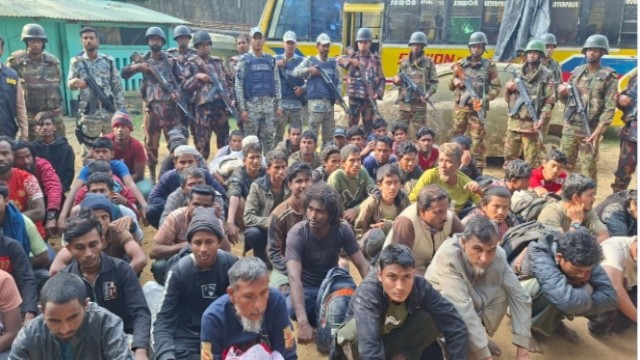
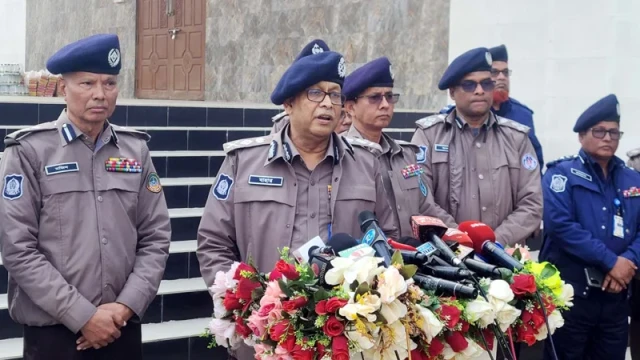
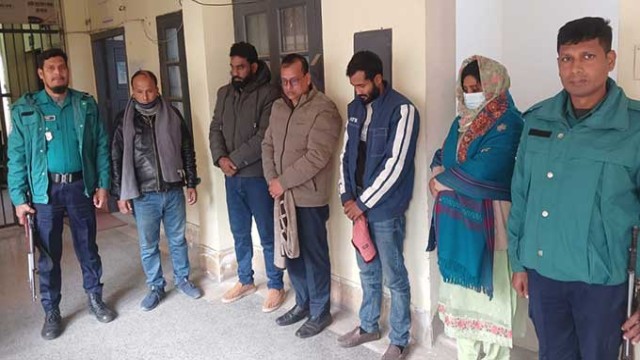
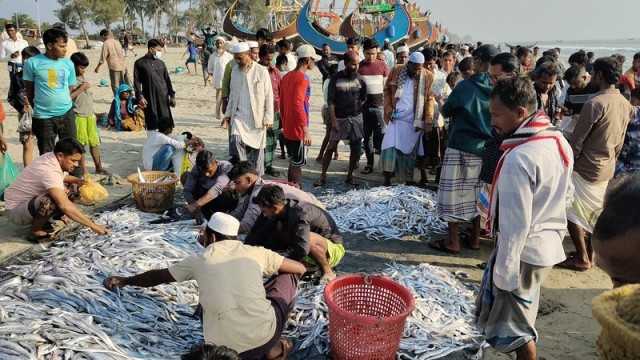
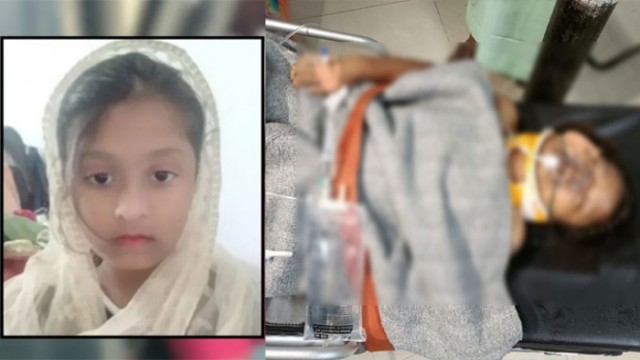
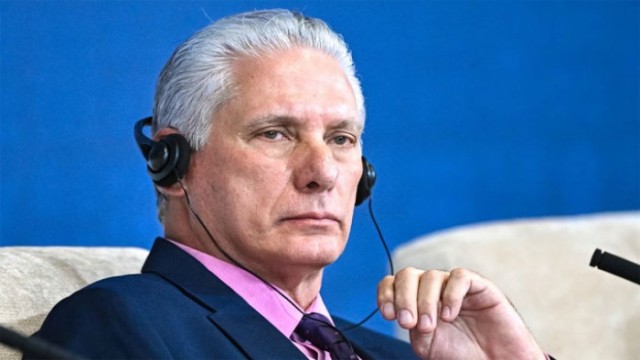

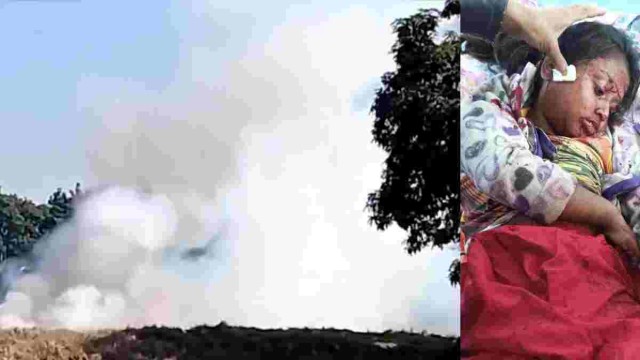
Comment: